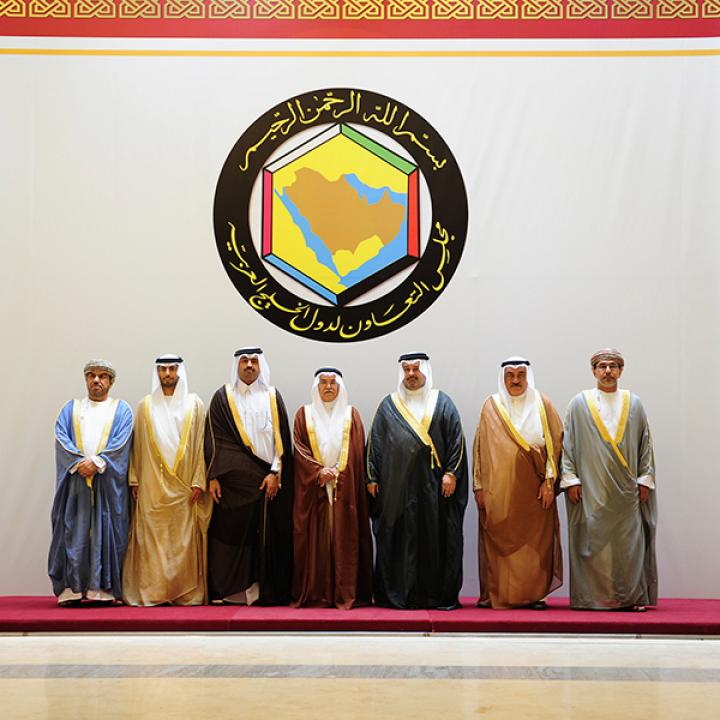
- Policy Analysis
- Congressional Testimony
The Gulf Cooperation Council: Deepening Rifts and Emerging Challenges

Long considered a bulwark against instability since its establishment in 1981, the Gulf Cooperation Council -- Saudi Arabia, Kuwait, Bahrain, Qatar, the United Arab Emirates, and Oman -- is now exhibiting an alarming degree of discord.
The following are Mr. Henderson's concluding recommendations; download the PDF to read his full testimony, or watch video of the hearing.
Recommendations
1. U.S. links with the GCC states have been maintained and nurtured by State Department-led diplomacy and the efforts of the U.S. military with their GCC counterparts. But this is now insufficient. The Obama administration needs to articulate a more supportive overall policy concerning the Iranian nuclear and Syrian civil war issues in particular.
2. A U.S. special envoy to the GCC should be appointed to work with the GCC leadership so they can develop policies to resolve the challenges of aged leadership and a smooth transition to a new generation.
3. Given the possible repercussions from the tensions between some of the member states of the GCC, the U.S. should take the role of “honest broker” to at least lower the degree of antagonism.
House Committee on Foreign Affairs
Subcommittee on the Middle East and North Africa




